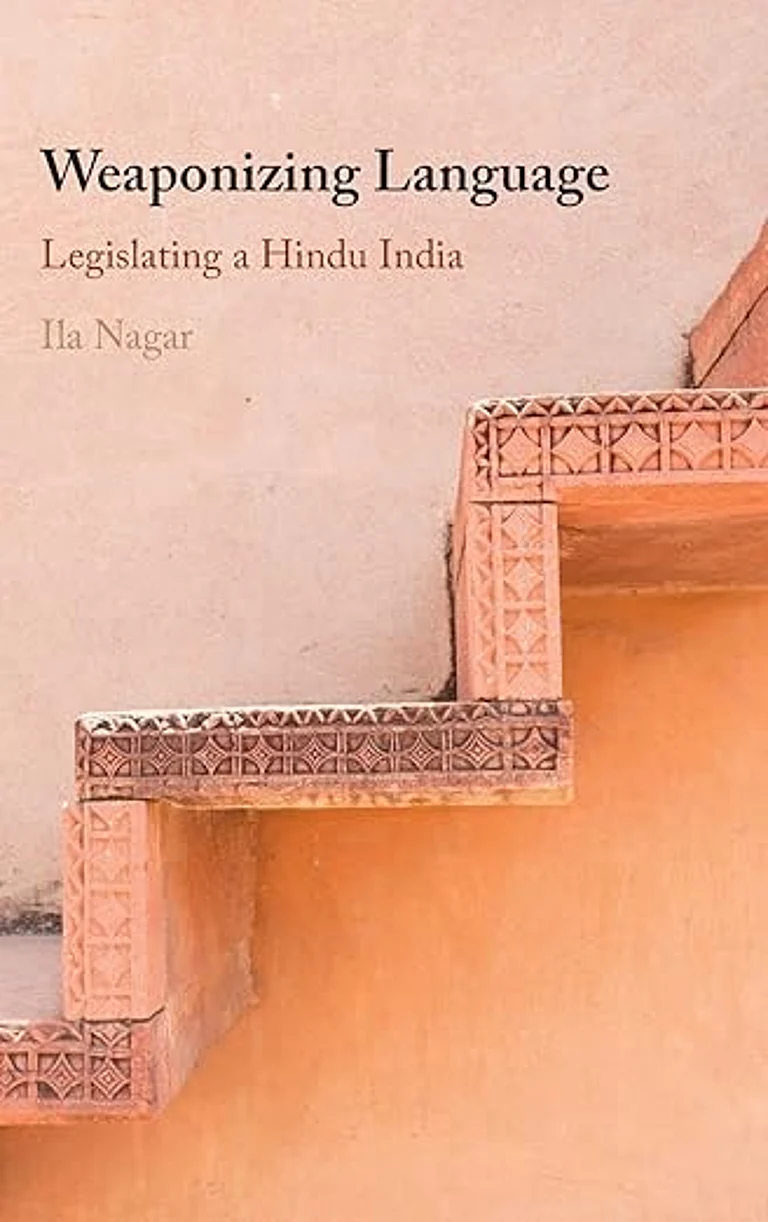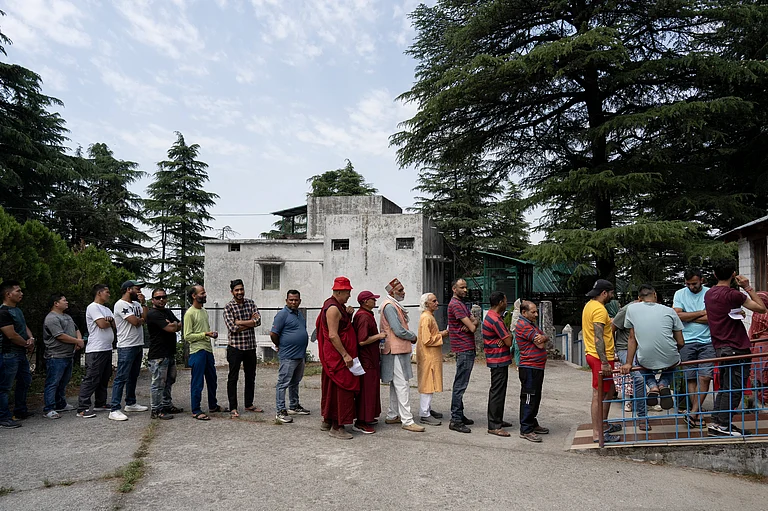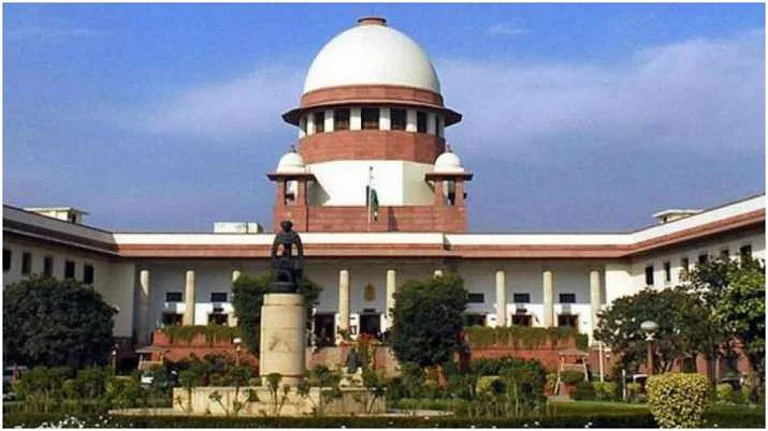The Madhya Pradesh High Court has observed that a marriage between a Muslim boy with a Hindu girl is not a valid marriage according to Muslim Law.
The court made the observation while hearing a petition filed by a couple— Hindu woman and a Muslim man.
The court turned down a plea for police protection to register an inter-faith marriage under the Special Marriage Act, 1954.
It observed that a marriage between a Muslim boy and a Hindu girl would be treated as an irregular (or fasid) marriage under Muslim personal law even if they married under the Special Marriage Act.
“As per Mahomedan law, the marriage of a Muslim boy with a girl who is an idolatress or a fire-worshiper, is not a valid marriage. Even if the marriage is registered under the Special Marriage Act, the marriage would be no more a valid marriage and it would be an irregular (fasid) marriage,” the court said.
As per Bar and Bench report, relationship between the two was opposed by the family of the woman who raised apprehensions that they would be boycotted in society if the inter-religious marriage took place.
As per the report, the family also claimed that the woman had taken jewellery from the family house before leaving to marry her Muslim partner. However, the couple wished to marry under the Special Marriage Act.
The couple in their plea before the court had said that neither the woman nor the man wished to convert to another religion for the marriage. The woman would continue following the Hindu religion, while the man would continue following Islam after their marriage, they had said in their plea.
The Court observed that although a marriage under the Special Marriage Act cannot be challenged for the non-performance of religious rituals, such a marriage would not be a legal marriage if it is prohibited under the personal law.
"Marriage under Special Marriage Act would not legalise the marriage which otherwise is prohibited under personal law. Section 4 of Special Marriage Act provides that if the parties are not within prohibited relationship then only marriage can be performed," the Court said.
The court dismissed the couple's petition after noting that they were neither willing to be in a live-in relationship without being married nor was the girl (Hindu person) willing to convert to the boy’s religion (Islam).
"It is not the case of petitioners that in case if marriage is not performed, then they are still interested to live in live-in relationship. It is also not the case of petitioners that petitioner No.1 would accept Muslim religion. Under these circumstances, this Court is of considered opinion that no case is made out warranting interference," the court said.







.png?auto=format%2Ccompress&fit=max&format=webp&w=768&dpr=1.0)




















